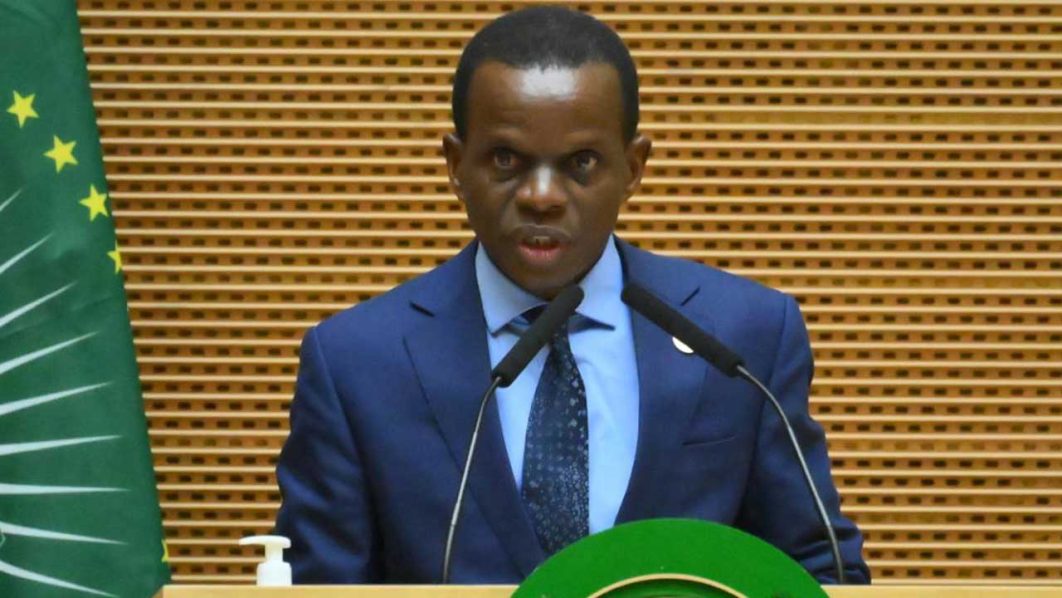
With approximately 30 per cent of the world’s mineral reserves, including cobalt, lithium and nickel, African countries need to exploit these resources to drive their development, particularly trade and industrialisation, experts have said.
Rich in critical minerals, Africa will accelerate intra-continental trade and harness its natural resources for sustainable development by rolling out effective trade policies, to benefit from the global rush for green energy transition.
An Expert Group Meeting (EGM) on Africa’s Critical Minerals in the Context of Trade Policy hosted by the African Trade Policy Centre (ATPC) of the United Nations Economic Commission for Africa (ECA) has highlighted that Africa already has the right strategies and policies in place to harness its mineral resources. However, what is missing is a deliberate action to realise this potential as the continent risks losing the full benefits of these critical minerals to global investors.
Speaking at the opening of the EGM, ECA Deputy Executive Secretary, Antonio Pedro, stressed it was time for Africa to leverage its political and economic integration for development. He said the continent already has policies to promote the development of its mineral resources, including the African Mining Vision (AMV), the African Commodity Strategy and the African Green Minerals Strategy, which he said has been adopted across Africa.
He said their research showed that demand for critical minerals will drive the quest to decarbonise economies and to reach net-zero emissions by 2050. It is estimated that the transition from fossil fuels to clean energy will create demand for three billion tons of minerals and metals to deploy solar, wind and geothermal energy by 2050.
Critical minerals, sought after for just energy transition, could power Africa’s development and sustainable future, according to the United Nations Conference on Trade and Development (UNCTAD), which has identified critical minerals as a key revenue generator for governments to finance development and lift millions of Africans out of poverty.
Stressing that African countries would need to add value to the critical minerals on the continent, he said value addition of critical minerals can boost e-mobility in Africa, create jobs and make Africa a competitive hub for green industrialisation.
Africa is home to significant reserves of critical energy transition minerals such as 55 per cent of cobalt, 47.65 per cent of manganese, 21.6 per cent of natural graphite, 5.9 per cent of copper, 5.6 per cent of nickel, one per cent of lithium and 0.6 per cent of iron ore globally. However, African countries generate only about 40 per cent of the revenue they could potentially collect from these resources due to zero value addition.
The meeting noted that the growing global demand for critical minerals is an opportunity for Africa to maximise its revenues from mineral exploitation, value addition and the development of minerals-based regional value chains to spur industrialisation. This can be done by leveraging Africa’s trade and integration programme, including its Regional Economic Communities (RECs) and the African Continental Free Trade Area (AfCFTA).
The EGM considered the current demand for critical minerals in the broader historical and intellectual context of commodity dependence, examined Africa’s recent experiences dealing with commodities and explored the role of Africa’s trade and integration policy to safeguard Africa’s interests internally and boost its negotiating power in its dealings with external partners.
The EGM recommended that Africa’s commitment to trade-led economic integration should be leveraged to support the development of minerals-based regional and continental value chains and economic diversification.
Further, they called for further research to inform actionable policy recommendations. A recommendation was agreed to conduct a baseline study to understand how African minerals are used and traded today and what lessons Africa can learn from its own experiences dealing with commodity booms and busts in the past.






